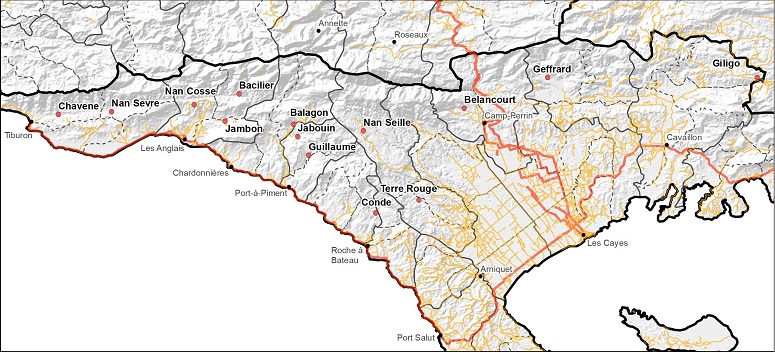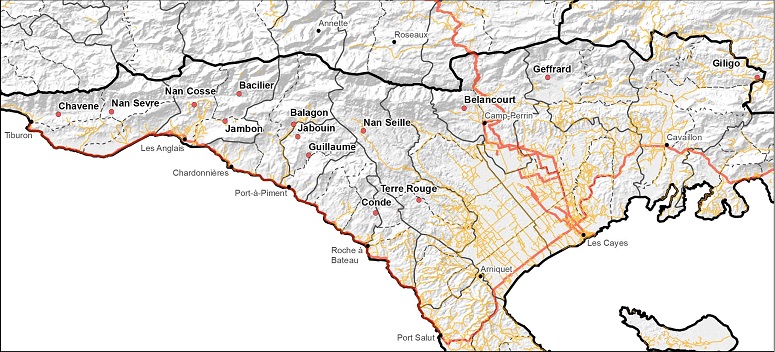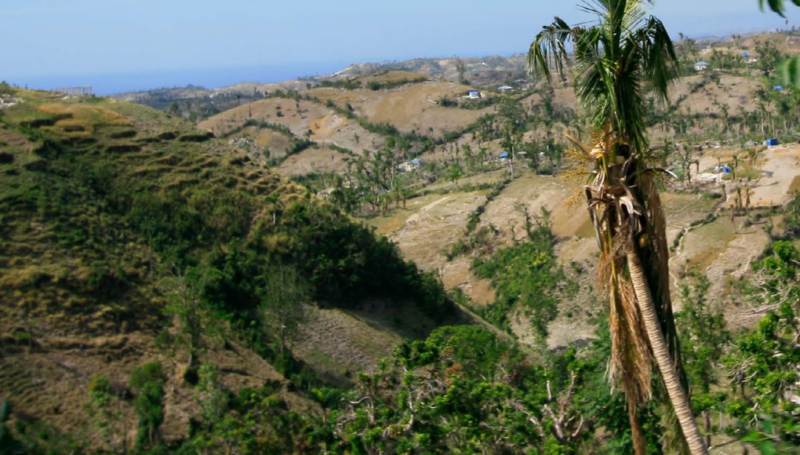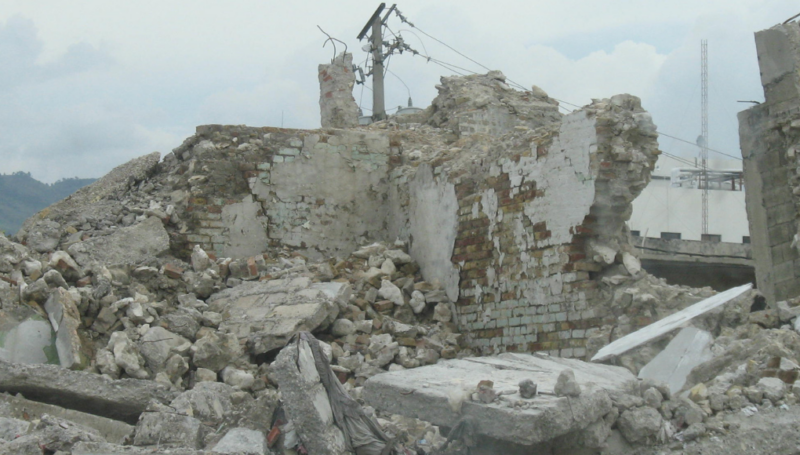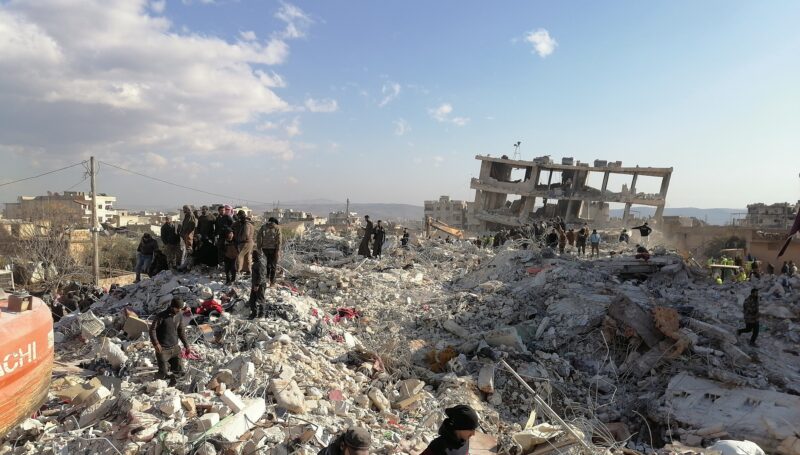Hurricane Matthew has provoked the most serious humanitarian crisis in Haiti since the 2010 earthquake, affecting more than 2.1 million people, almost 800,000 of whom in the Departments of Sud and Grand Anse. It devastated an already highly vulnerable region in Haiti, causing significant humanitarian and reconstruction challenges. While various humanitarian actors have immediately mobilized in support of affected population in urban centres and easily accessible localities in the coastal area, hard-to-reach areas (mountainous areas, areas with no/limited road access) have received limited and delayed assistance.
Five months after the hurricane, information on the level of damage, priority needs and assistance received by communities living in remote areas remains extremely limited, negatively affecting an efficient and need-based humanitarian response. To fill such information gaps and allow for a recovery of remote areas, REACH conducted a rapid needs assessment in February 2017, targeting fourteen hard-to-reach areas in Sud Department. The assessment was undertaken in close coordination with UN OCHA and local actors, collecting information through Key Informants Interviews (KII) and Direct Observations (DO).
Findings from the rapid needs assessment demonstrate that communities living in hard-to-reach areas are highly vulnerable in terms of access to basic needs and services. The vast majority of these populations are indeed farmers who rely on agriculture for both food consumption and livelihoods. The hurricane took away most of their seeds and livestock, leaving them with no means to survive. Consequently, they developed negative coping strategies, such as selling carbon or private items to secure a minimum salary to buy food. On top of that, three-quarters of the communities’ shelters have either been destroyed or severely damaged and reparation has not yet started in most cases, due to a lack of financial means and technical assistance. Distribution of seeds, financial and technical support to rebuild houses and schools therefore appear to be the key priorities.
Through this assessment, and in coordination with local and international actors, REACH hopes to foster prompt action from humanitarian actors, and promote recovery and self-sufficiency for the most affected communities in Haiti’s remote areas.
More detailed findings from REACH rapid assessment of hard-to-reach areas are outlined in the Situation Overview, at this link.





